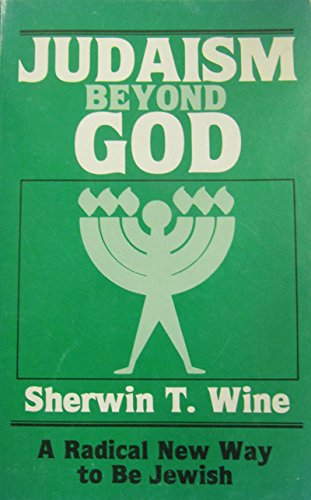Modem Orthodoxy is the establishment Judaism of Western Europe. It is sedate and decorous. It is traditional and secular. Its leaders receive a good secular education and train in modern seminaries. Its members participate in all the professions of an urban society. Appearance-wise, they are indistinguishable from all the other citizens of the secular state. What is unique about their behavior is mainly evident in their homes and synagogues. These institutions become the focus of their traditional attachments. Since most of the unique behavior patterns of the rabbinic lifestyle are incongruous with secular existence, they are praised but rarely observed. Female segregation, ritual purity, and the dress code do not find any real community support and are not enforced by public opinion.
While it is important to the Modem Orthodox to be designated “Orthodox,” they are despised and denounced by the Rejectionists. Separate seating for the sexes in the synagogue is hardly a substitute for traditional belief. An “orthodoxy” that avoids discussing divine rewards and punishments, the salvation of the Messiah, the resurrection of the dead, and the importance of the World to Come undermines the motivation of the halakha and subverts the traditional justification for preserving Jewish identity. Proving that the dietary laws are good for health and hygiene (true or not) turns the argument into a rational consequential one and deprives the rabbinic tradition of the supernatural context out of which it arose.
The Rejectionists are right. Modern Orthodoxy sometimes looks like Orthodoxy. But it tastes different. And most of its adherents are more comfortable spending time with their secular friends than with pious Hasidim.

